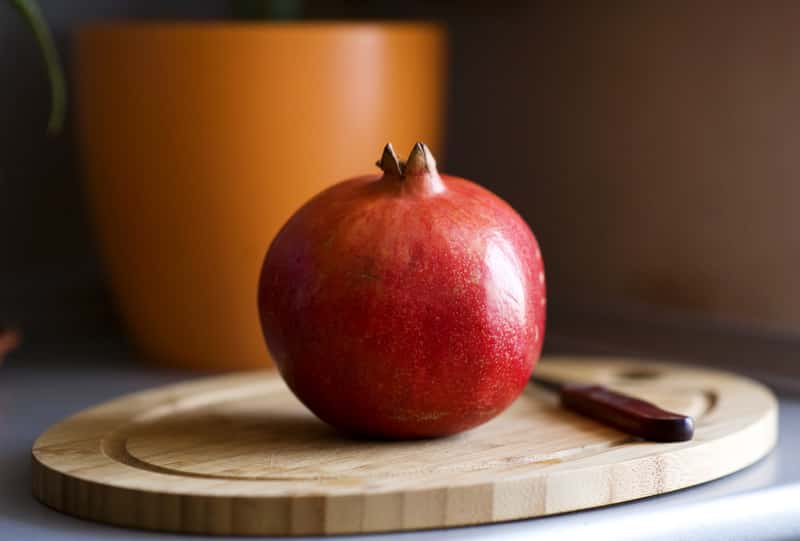
Consuming fresh juices is extremely important to keep up with bodily needs and ensure optimum health standards. One of the healthiest juices is pomegranate juice, but it can be pretty expensive at times. However, have you ever considered what causes this high price? We have answers in this article to help you out!
Why Is Pomegranate Juice So Expensive?
1. Growing Conditions
Pomegranates are one of the most special fruits that need dry and warmer climates for growing. This is because these growing conditions are essential for pomegranate trees to grow and thrive. On the other hand, if these pomegranates are exposed to excessive water, it results in grey mould. In addition to this, it takes around two years to five years for the shrubs to grow and produce fruits. This means that this timeline constitutes over one-third lifespan of the plant. Moreover, it takes seven months to eight months for pomegranates to mature.
All these factors lead to a low yield of pomegranate crops, respective to the climatic conditions in a year. For this reason, pomegranates are expensive as fruits, and the juice becomes even more expensive. When it comes down to the United States, the country has been importing pomegranates from Greece, Mexico, Turkey, Israel, and Lebanon before 2008, hence the price (the US couldn’t grow pomegranates on their own). This is another reason behind the higher price. However, if you like to drink homemade pomegranate juice, you can purchase the fruit anytime from October and January because they will be more economical.
2. Hard To Juice
It’s a common perception that pomegranate juice is easy to make, particularly because orange juice and lemonade are easier to make. However, it’s time you change your thinking because it can be extremely challenging to juice out the pomegranates as it takes time and patience. This is because the average pomegranate weighs around nine ounces, and only 5.5 ounces are the seeds. For those who don’t know, pomegranate juice is extracted from arils or seeds, and when there are so few seeds, it will take more pomegranates to make the juice. Having said that, this leads to an expensive rate.
3. Juice Production
Generally, one pomegranate will have over 1400 seeds, and all these seeds can only make half a cup of pomegranate juice. To illustrate, it will take six to nine large-sized pomegranates for making 32-ounce of juice. Once these seeds are extracted, they are added to the blender and have to be pulsed because it is important for breaking apart these seeds and releasing the juice. Then, the mesh strainer is used for clearing out the solid parts of the crushed seeds, and the juice is collected. In fact, it is important to press this seeded pulp to get a sufficient amount of pomegranate juice. The entire juice production phase can be tiring and time-consuming, resulting in an expensive price.
Making Homemade Pomegranate Juice
If you like the health benefits and taste of fresh pomegranate juice, it is better to purchase pomegranates in bulk and when they are in season because they are more affordable when it’s the season. In addition, pomegranates have a shelf life of over two months if you follow correct storage methods. On the other hand, their seeds don’t last as long as two months, which will also impact the entire juice yield. Not to forget, the juice can only be stored for over ten days. So, in the section below, we are sharing some things that you can try;
- You can freeze the whole pomegranates in freezer-safe bags and eliminate as much air as possible. This way, this fruit will remain usable for over one year
- For storing the pomegranate seeds, you need to remove these seeds from the fruits, dry them, and put them evenly on the wax paper for freezing. This will freeze the seeds, and once frozen; they can be put into the container. All in all, these frozen pomegranate seeds can be stored for over three months and juiced
- Last but not least, if you have to store pomegranate juice, you need to freeze the juice and don’t forget to leave a few inches of space on top because it expands during the freezing process
So, are you clear on the pomegranate juice matter?